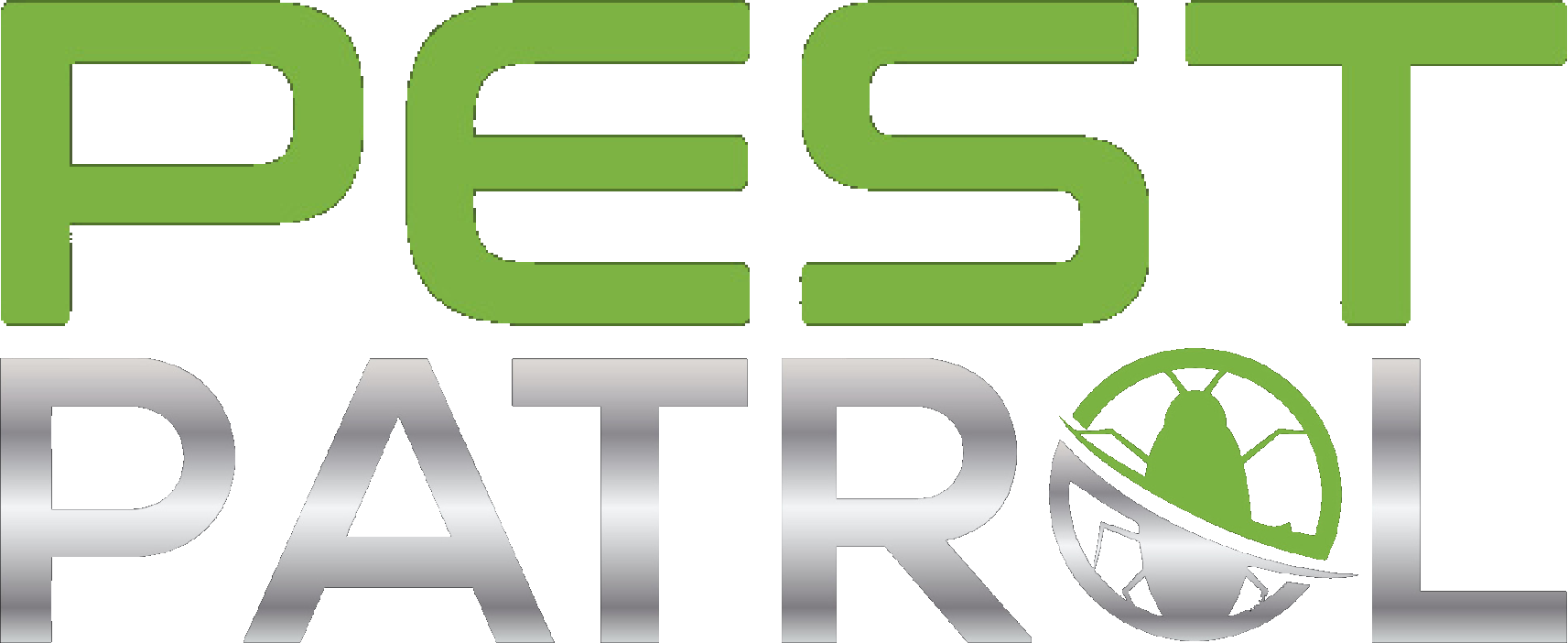Portland, with its lush greenery and vibrant ecosystems, is a city that takes pride in its natural beauty. However, the same environment that supports thriving plants and wildlife can also lead to pest infestations. As residents become increasingly aware of the impact of chemical pesticides on their health and the environment, the demand for eco-friendly pest control solutions in Portland is on the rise. This comprehensive guide will explore the various aspects of eco-friendly pest control, including how to choose the right pest control service for your home.
Understanding Eco-Friendly Pest Control

Eco-friendly pest control refers to methods that manage pest populations while minimizing harm to the environment, humans, and non-target species. These methods often utilize natural predators, baits, traps, and organic treatments that are less harmful than traditional pesticides. As you navigate pest control in Portland, understanding these options is crucial for making informed decisions that align with your values and health concerns.
Benefits of Eco-Friendly Pest Control
Adopting eco-friendly pest control methods offers several advantages:
-
Healthier Living Environment: Traditional pesticides often leave harmful residues that can affect indoor air quality and pose risks to family members and pets. Eco-friendly methods reduce these risks.
-
Sustainability: Eco-friendly pest control emphasizes long-term solutions that support the local ecosystem rather than harming it. This approach promotes biodiversity, which is essential for a balanced environment.
-
Cost-Effectiveness: While eco-friendly solutions may have higher upfront costs, they often lead to long-term savings by reducing the need for frequent treatments and minimizing property damage.
Common Misconceptions About Eco-Friendly Pest Control
There are several misconceptions surrounding eco-friendly pest control that can lead to confusion:
-
Ineffectiveness: Many believe that eco-friendly methods are less effective than traditional pesticides. However, research shows that integrated pest management (IPM) strategies, which include eco-friendly methods, can be just as effective when implemented correctly.
-
Limited Options: Some people think that eco-friendly pest control offers fewer choices. In reality, there is a wide range of organic pesticides, traps, and natural deterrents available today.
-
Higher Costs: While initial costs may be higher, eco-friendly pest control can save money in the long run by preventing infestations and reducing the need for repeated treatments.
How to Choose the Right Pest Control Service for Your Home
Selecting the right pest control service is crucial to effectively managing infestations while adhering to eco-friendly principles. Here are essential steps to guide you through the process:
Researching Local Pest Control Companies
Start your search for pest control in Portland by researching local companies. Consider the following:
-
Online Reviews: Check platforms like Google, Yelp, and the Better Business Bureau for customer reviews and ratings. Look for companies with a strong reputation for eco-friendly practices.
-
Certifications and Accreditations: Verify that the pest control service is licensed and certified. Organizations like the National Pest Management Association (NPMA) can provide insights into their standards.
-
Specialization in Eco-Friendly Methods: Ensure the company offers eco-friendly pest control services. Ask about their methods, products, and practices to confirm they align with your values.
Evaluating Service Offerings
Not all pest control services are created equal. When evaluating potential companies, consider the following factors:
-
Integrated Pest Management (IPM): Look for companies that utilize IPM strategies, which combine various methods to manage pests sustainably. This approach focuses on prevention, monitoring, and control, using chemical treatments only as a last resort.
-
Range of Services: Choose a company that provides a comprehensive range of services, including inspections, treatments, and follow-up services. This ensures a holistic approach to pest management.
-
Customized Solutions: A reputable pest control service will assess your unique situation and tailor their solutions accordingly. Avoid companies that offer one-size-fits-all packages.
Questions to Ask Potential Pest Control Providers
When interviewing pest control companies, consider asking the following questions:
-
What eco-friendly methods do you use, and how effective are they?
-
Can you provide references from past clients who have used your eco-friendly services?
-
How do you monitor and evaluate pest populations before treatment?
-
What safety precautions do you take to protect my family and pets during treatment?
-
Do you offer any guarantees or follow-up services after treatment?
Popular Eco-Friendly Pest Control Methods

Understanding the various eco-friendly pest control methods available can empower you to make informed choices. Here are some popular techniques used in pest control in Portland:
Natural Predators
Encouraging or introducing natural predators is an effective way to manage pest populations. For example:
-
Ladybugs: These beneficial insects feed on aphids, which can damage plants.
-
Nematodes: These microscopic worms target grubs and other soil-dwelling pests.
-
Birds: Installing birdhouses can attract birds that naturally control insect populations.
Organic Pesticides
Organic pesticides derived from natural sources can be effective in managing pests without harming the environment. Some common organic options include:
-
Neem Oil: Derived from the seeds of the neem tree, this oil disrupts the life cycle of pests like aphids and spider mites.
-
Diatomaceous Earth: This powdery substance is made from fossilized algae and can be sprinkled around plants to deter crawling insects.
-
Garlic Spray: A homemade garlic spray can repel various pests due to its strong odor.
Traps and Baits
Using traps and baits is a targeted approach to pest control. Here are some examples:
-
Sticky Traps: These are effective for monitoring and capturing flying insects like gnats and fruit flies.
-
Live Traps: These humane traps allow for the capture and relocation of pests like rodents without causing harm.
Common Mistakes to Avoid in Eco-Friendly Pest Control
While striving for eco-friendly pest control, it’s easy to make mistakes that can undermine your efforts. Here are some common pitfalls and how to avoid them:
Over-Reliance on Natural Remedies
Natural remedies can be effective, but relying solely on them without a comprehensive strategy can lead to continued infestations. It’s important to combine natural methods with monitoring and preventive measures.
Ignoring Prevention
Many homeowners focus on treatment after a pest problem arises instead of implementing preventive measures. Regular maintenance, such as sealing entry points and keeping living spaces clean, is crucial for avoiding infestations.
Neglecting Professional Help
Some may believe they can handle pest problems independently without professional assistance. However, complex infestations often require the expertise of trained pest control professionals who can assess the situation and provide tailored solutions.
Embracing Eco-Friendly Pest Control with Pest Patrol
Pest Patrol is committed to providing comprehensive, eco-friendly pest control solutions tailored to your specific needs. Our team of experts is well-versed in the latest techniques and products that prioritize your health and the environment.
If you’re ready to take action against pests while embracing sustainable practices, visit our website or contact us for more information. Together, we can create a safer, healthier home for you and your family.


